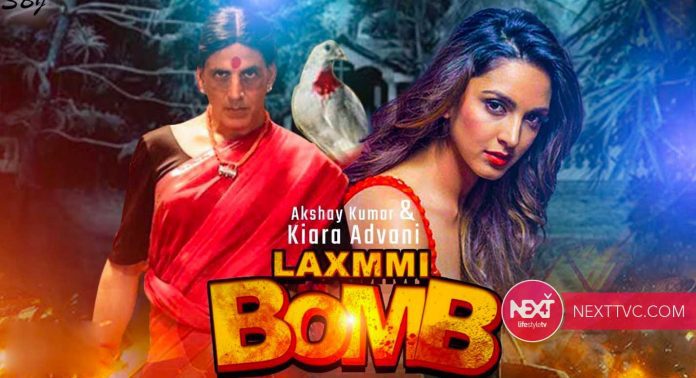The MUNI series has won tremendous love from moviegoers in South India. The film franchise — directed by Raghava Lawrence — is also hugely successful when one looks at its economics and BO returns. Frankly, it didn’t come as a surprise to me when a Hindi remake of the second film in the series — KANCHANA — was announced sometime back.
The MUNI series has won tremendous love from moviegoers in South India. The film franchise — directed by Raghava Lawrence — is also hugely successful when one looks at its economics and BO returns. Frankly, it didn’t come as a surprise to me when a Hindi remake of the second film in the series — KANCHANA — was announced sometime back.
However, what did catch my attention — and I admit, I was surprised too — was Akshay Kumar’s decision to not just back the project [LAXMII], but also reprise the pivotal role enacted by Raghava Lawrence in the original. Just when you thought that Akshay would attempt a hardcore masala film, the decision to green light LAXMII came as a welcome move.
I have watched KANCHANA twice and what genuinely grabbed my attention was the taut screenwriting of the film. The unconventional plot — with a strong message — stayed with me the first time, which explains why I watched it again, after a gap. And I enjoyed KANCHANA during the second viewing as well.
Now let’s analyze LAXMII. A few questions before I move ahead…
* Does LAXMII grip you, like KANCHANA did ?
* Does Akshay suit the character or is it an over the top performance?
* What about the VFX? How convincing does it look when juxtaposed with the dramatic and emotional goings-on?
* Most importantly, does LAXMII combine humor and horror seamlessly or does it hit a roadblock?
The plotline. LAXMII narrates the story of a man, Asif [Akshay Kumar], possessed by the ghost of a transgender, who had been brutally murdered. The family [his wife and in-laws] soon realize Laxmii’s motive: Revenge.
To start with, LAXMII is nowhere close to the original Tamil film [KANCHANA], although one notices modifications in the narrative to cater to the Hindi audience. The problem with LAXMII lies in its weak screenwriting. It hinges on humour for most of its first half, but it doesn’t work. It is only towards the second hour — when Sharad Kelkar makes an entry — that the narrative gathers momentum. That point onwards, right till the finale, it gets better.
Review by Taran Adarsh
